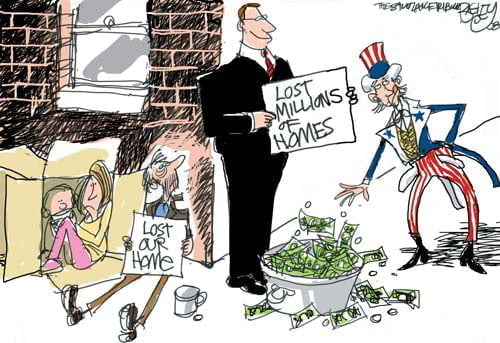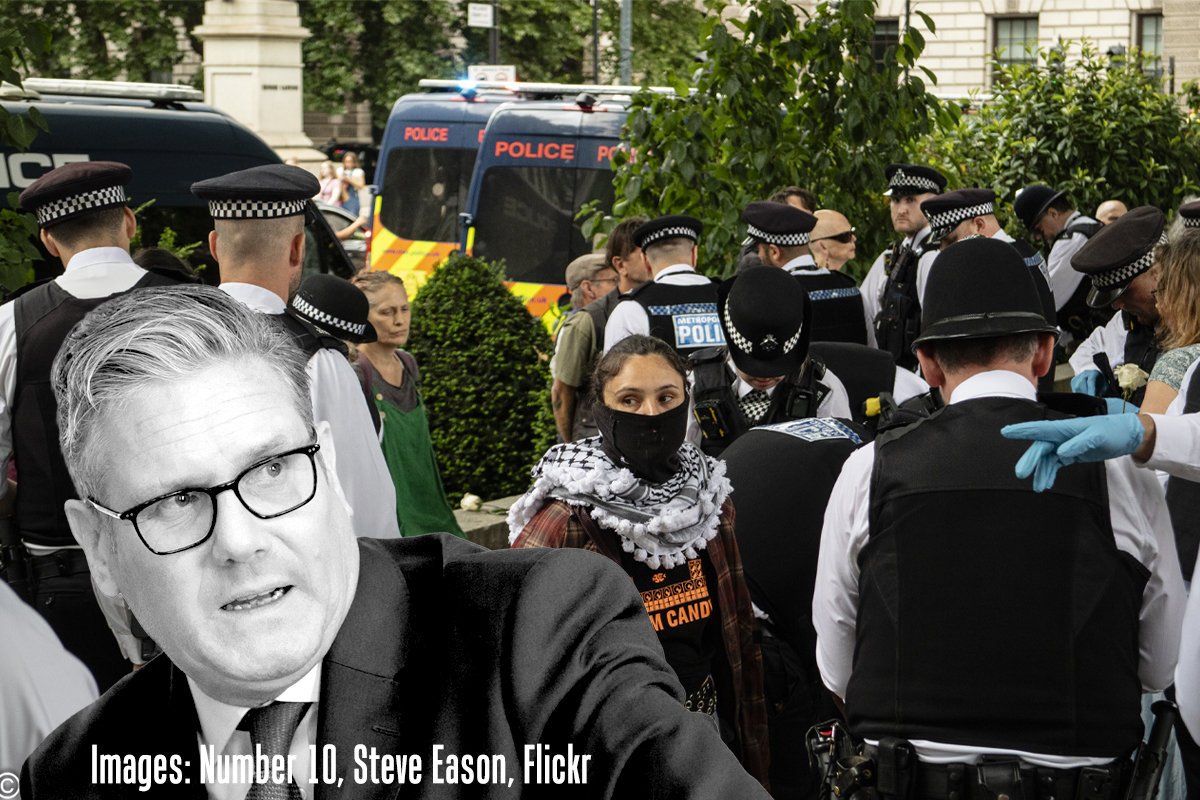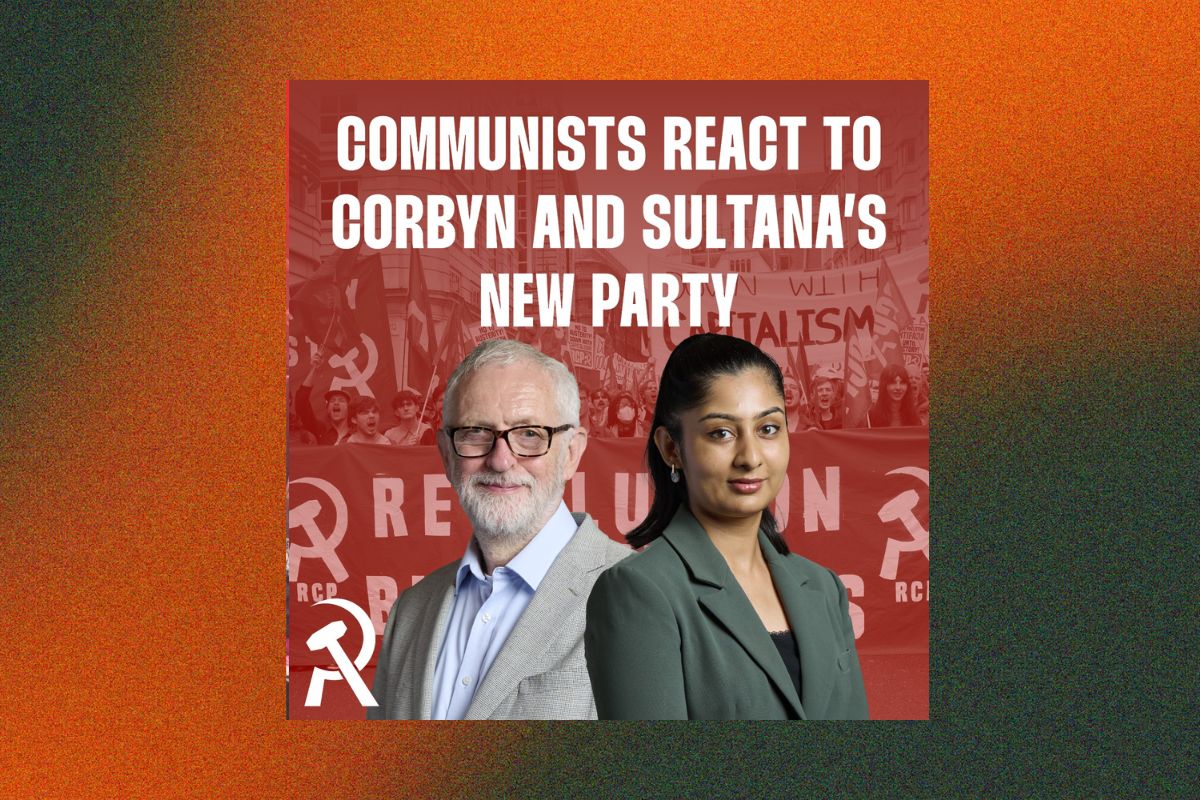It’s dangerous doing a review of 2008, before it’s finished. Events have been moving so quickly that you can’t write “the news” since, before the ink is dry on the page, some little detail like Iceland going bankrupt has cropped up. We live in interesting times, which explains why most people didn’t twig that 2008 was “the International Year of the Potato” or even “European Year of Intercultural Dialogue,” a celebration that was spectacularly ignored by the Russians and the Georgians.
 The economic and financial crisis has dominated the whole year. Speculation and uncertainty in the US led to the price of oil hitting $100 a barrel by January 2nd, followed shortly after by the first stock market crash of the year amid fears of a global recession caused by last year’s crisis in the sub- prime mortgage market.
The economic and financial crisis has dominated the whole year. Speculation and uncertainty in the US led to the price of oil hitting $100 a barrel by January 2nd, followed shortly after by the first stock market crash of the year amid fears of a global recession caused by last year’s crisis in the sub- prime mortgage market.
Thousands of people had queued outside Northern Rock to get their money out, the first run on a bank for 150 years. By February 18th the government had nationalised it “temporarily”. February also saw another collapse on the US stock markets, this time of more than 3% as the Dow Jones Industrial Average fell 370 points.
September saw a massive acceleration in the global financial crisis with giant mortgage insurers Fannie Mae and Freddie Mac “placed into conservatorship” in one of the worst bits of “newspeak” since 1984. After all, they couldn’t possibly have nationalised them could they? Days later Lehman Brothers filed for bankruptcy protection, the biggest case of its kind in US history. While the Federal Reserve bought 80% of AIG for the princely sum of $85 billion, with the result that many Manchester United fans actually found out who AIG were! Then bank Washington Mutual went into receivership. Then, to cap it all, came the rejection of the Emergency Economic Stabilization Act by the U.S. House of Representatives. It finally limped onto the statute book on October 3rd,creating a $700 billion dollar US treasury fund to buy up failed bank assets.
Hot springs
They might have hot springs in Iceland but they don’t have any money left following the collapse of three of its largest banks. Proof that no country, even a small relatively rich one like Iceland, can survive the financial tsunami, despite a 4 Billion Euro loan from Russia. The same crisis affected Hungary, which secured an international bail out worth $25 Billion from the European Union, the World Bank and the IMF. Huge debt used to be a Latin American phenomenon – not now.
The extreme volatility continued in the Dow Jones Index, with massive 10% swings up and down throughout October, before it crashed to less than 8000 points. A distinct whiff of panic provoked images of the 1929 Wall Street crash and the big bankers clamoured for more cash.
Somewhere under the French border with Switzerland, the Large Hadron collider was switched on. Much to the surprise of a number of tabloid eitors there is no evidence of the world having been sucked into a black hole … or is there? In October Gordon Brown and Alistair Darling attempted to help the British banks from succumbing to the laws of gravity – using our cash. Potentially £500 billion of it was sucked into the greedy balance sheets of the British banks.
Why the huge shift in policy? After all the right wing in the Labour party have always told us how unpopular nationalisation is. But the bourgeoisie will give up any seat on the capitalist gravy train to save their system – with the exception of the driving seat.
But most important for us is the effect that all this crisis and panic has on the working class. As we explained in July, “In a way the last period resembled the long drawn out period of hot sticky weather before a thunderstorm. It’s obvious that there’s going to be a change and the longer it is delayed the worse the storm is when it eventually breaks.”
In essence the collapse of Northern Rock and the crisis in the world financial markets represented the political equivalent of the storm breaking.
Gordon bounced sure enough; into the path of an economic and political tidal wave. Calamity in the local council elections – The election of Tory buffoon Boris Johnson, as well as hundreds of new Tory councillors mysteriously brought back to life in previously safe Northern cities and town councils, was only aggravated by the Labour rout in the Crewe and Nantwich by-election and the menace of the BNP.
All this occurred against a background of the highest level of strikes in recent years and the threat of coordinated action across the public sector. The oil tanker drivers won a marvellous victory in their pay dispute in scenes redolent of the 1970s. But it’s important to note that they were in a very strong position, given the huge hikes in the price of oil over the course of the year. The action in the public sector didn’t spill over into generalised action, partly due to lack of coordination among the leaders, but also because of the contradictory moods among some sections of workers. We explained in July “… many members don’t see pay as the biggest issue. In large sections of the health service and in local government the issue of cuts, privatisation and the crisis in NHS funding means that people are frightened for their jobs. In that situation pay isn’t very high up the agenda. But it’s two sides of the same coin. Pay restraint, cuts and redundancies are all part of the same package … A lot of workers had bigger fish to fry.“
Public Sector
No one in the public sector was cheering at the prospect of a 2.5 per cent pay rise, or less. The overwhelming issue seems to have been “can we win in the current climate”? The bosses have no option but to make us pay for the crisis, but inevitably there will be a reaction from the working class. The demand for unified action needs to be made more concrete, for example in the form of a 24 hour public sector general strike.
Labour sank to its lowest ebb. The Blairites began to re emerge with David Miliband as the torch bearer, although the likelihood of a formal leadership challenge was very slim. There are after all no records of a mutiny on the Titanic.
Then suddenly Gordon appears as the great saviour, the best thing since sliced bread. But this is the beginning of the crisis and Gordon’s ideas are intimately tied to the interests of big business, so he dances to the rhythm of world capitalism. Trotsky once pointed out that the bourgeoisie were “tobogganing to disaster with their eyes closed” and, under the present set of world economic conditions, 2009 could be a decidedly slippery path.
 Barack Obama
Barack Obama
Barack Obama’s victory created huge expectations among the most down trodden and marginalised sections of US society, but how will he deal with the crisis of capitalism? Sooner or later the working class will be obliged to pay the bill. Not even American capitalism can withstand the current situation. The latest news on the American bank bailout is that it could increase from $700 Billion to $1,500 Billion.
Politically the effects of the crisis have yet to fully play themselves out. However, the ongoing turmoil in the world economy only exacerbates the problems of the masses in the ex-colonial countries. Indeed in March and April food and fuel price rises detonated riots and unrest thoughout the world.
Russia and the US
Relations hardened between the US and Russia, on the one hand the Americans insisted on trying to site weapons in Eastern Europe, while Russia flexed its muscles by invading Georgia in response to Georgian attempts to retain control over Abkhazia and South Ossetia. The European response was contradictory and confused, due perhaps to their heavy reliance on Russian oil and gas and, in the case of the Swedes in particular, their strong trading links with Russian capitalism.
2008 was marked by huge instability and huge shifts and changes in the policy of the bourgeoisie and national governments all over the world. Who could have thought 18 months ago that the crisis that was brewing in America would have such profound consequences? Who could have predicted wholesale nationalisation of the balance sheets of some of the biggest banks in the world?
Who could have predicted…
Well actually… we did. The Marxists have argued for many years that the contradictions building up in the world economy were creating enormous instability and building towards a slump. World trade could no longer play the role of developing society to the same extent as it did in the past, the interpenetration of nation states by the world market and the development of a world economy meant that the institutions that underpinned the capitalist system were much less able to exert control over their national economies. The extension of credit and the housing boom meant that inevitably a whole series of economies were over stretched. Far from being the end of history as the bourgeois theorists had imagined this is a period of massive flux and changes in international relations, of wars, revolutions and counter revolutions. The world has entered perhaps the most disturbed period in the whole of human history. The history of 2008 demonstrates that clearly, but it also demonstrates the enormous potential that exists to rationally plan and develop society along socialist lines. We have a world to win.






